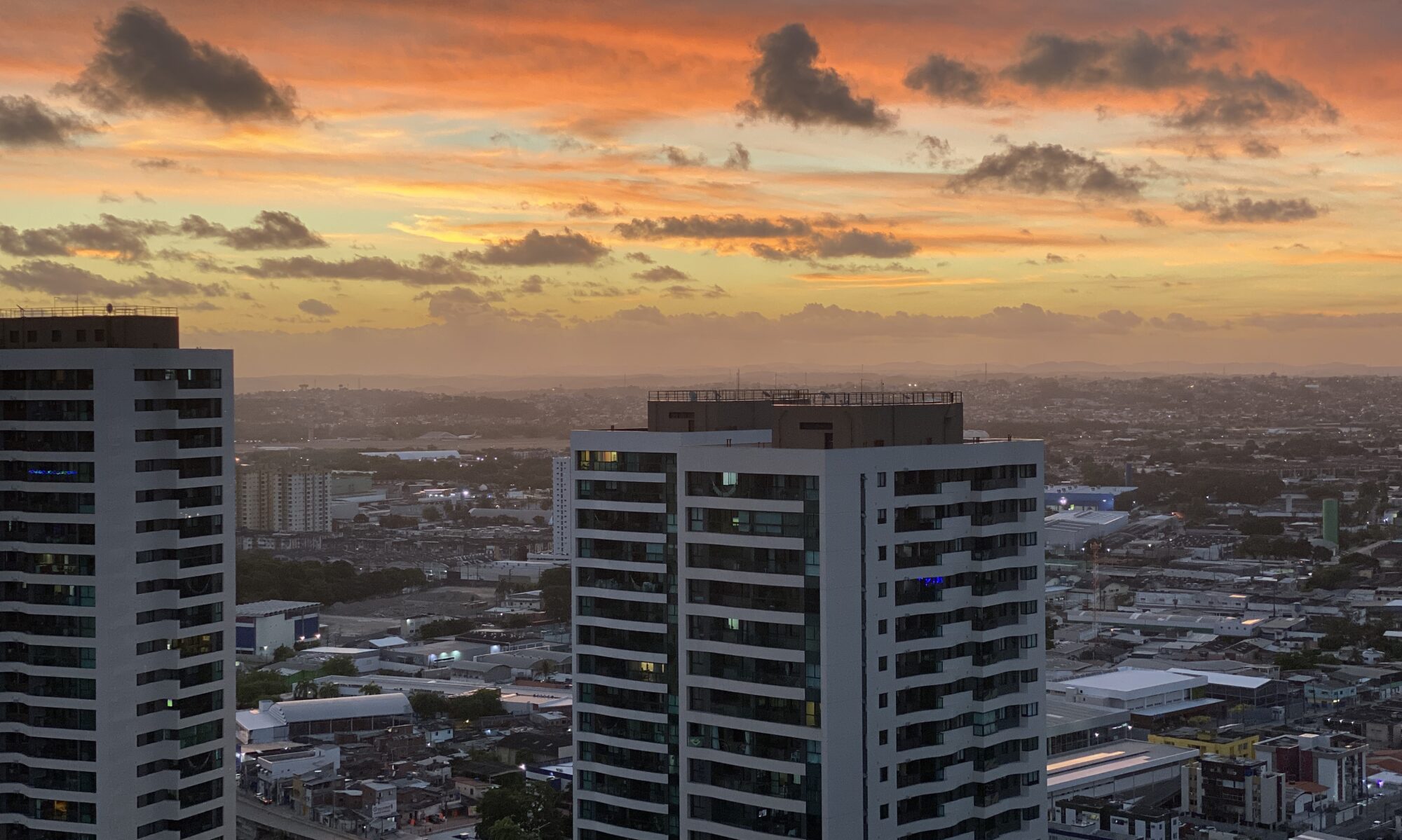Liberation theology is a movement which in fact goes beyond theology and has repercussions on every aspect of the life of the Catholic Church. The meeting of Latin American bishops at the Medellin Conference in 1968 affirmed a “preferential option for the poor”. The Church should be more deeply identified with the “last” of this world, who will be the “first” in the Kingdom of God. This affirmation implied a profound change in the image of the Church in Latin America. Identification with the colonial elite was challenged in the name of a closer relationship with the poor.
On the basis of this resolution of the bishops, theologians and pastoral activists launched a wide ranging movement of reform. The Church must be reconstructed from its local grass roots, on the basis of popular experience and a new reading of the Word of God. Dissatisfied with parochial structure, these activists advocated a multiplicity of small communities of the faithful, known as “Basic Church Communities” (CEBs). To make up for the lack of priests, the CEBs were to be headed by lay ministers, supported by clerical representatives.
In place of the emphasis on traditional ritual, the CEBs would concentrate on understanding the Bible and its significance for modern times. This implied a strong connection between theology and sociology, particularly of a Marxist bent. It also involved contact between specialist pastoral missions and various social movements.
Missionaries were encouraged to join the struggle of indigenous people for land and cultural survival. The Indigenous Missionary Council (CIMI) took up the cause of Brazilian Indians. The Pastoral Mission for Land rediscovered the links with the rural world that had previously characterized the Church. It distanced itself from the local ruling classes and threw its weight behind organizing the landless peasants and labourers. The Pastoral Mission for the Slums made a vigorous contribution to urban social movements. The Pastoral Mission for Children became active in the defence of the rights of children and young persons. Trade Unions gained a new following of Catholic activists, who played a part in the founding of the Workers Party.
Although liberation theology sprung up all over Latin America, with figures such as Gustavo Gutierrez in Colombia and Juan Luis Segundo in Uruguay, it was in Brazil that the movement became most significant. Leonardo Boff, Clodovis Boff, Carlos Meister and Frei Betto are some of the important names. Various factors, both inside and outside the Church, led to a decline of Liberation Theology and the pastoral missions inspired by it. Nevertheless, it left a profound impression, which continues to mark the Church permanently. The messianic hope of a total reform of the Church is no longer sustainable, but liberation theology continues to bear fruit and inspire the Catholic social conscience in Brazil.


